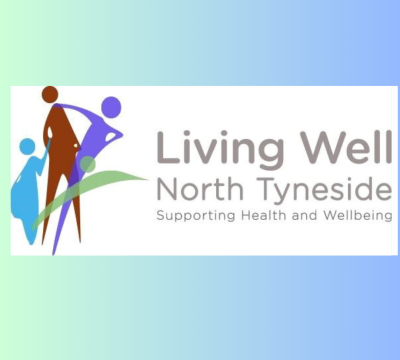Partnerships
North Tyneside’s Commitment to Carers
We have developed strong partnerships with organisations supporting carers in the borough of North Tyneside including across health, education and social care. We work with them to help them understand how to recognise and support carers in line with North Tyneside Carers’ Charter.
We are a lead partner with North Tyneside Council and North East and North Cumbria Integrated Care Board in developing and delivering North Tyneside’s Commitment to Carers six priorities:
- Earlier identification of carers and the provision of quality information
- Improved communication
- Improved carer health, wellbeing and support
- Support that enables carers to go to/continue to work or in education
- Carers have access to emotional support
- Smooth transition of support from children’s to adult services
To read North Tyneside’s Commitment to Carers, please click here.

North Tyneside Carers’ Voluntary Sector Forum
We facilitate the North Tyneside Carers’ Voluntary Sector Forum, where voluntary organisations supporting carers meet to:
- Drive and support the delivery of North Tyneside’s Commitment to Carers.
- Feed in carers views and issues to influence local and national policy.
- Share information and good practice between agencies, promote joint working and events.

Healthwatch North Tyneside
We work closely with Healthwatch North Tyneside, who work with carers who use local NHS and social care services to hear about their experiences and identify any issues or problems and help bring improvements by:
- Telling services about your experiences of care and hold them to account
- Investigating problems and seeking solutions
- Having a say in how local services are delivered and designed.
Healthwatch North Tyneside aims to:
- help people find out about local health and social care services
- listen to what people think of services
- help improve the quality of services by letting those running services and the government know what people want from care
- encourage people running services to involve people in changes to care

